
-First of all, please tell us a brief introduction and your biography up to now.
H.D.: After graduating from music college, I worked as an elementary school teacher, and then opened and run my own music school.
-Have you ever attended a seminar?Have you been abroad?
H.D.: It was my first time going abroad.
-What made you want to go abroad this time?
H.D.: I have been studying the know-how for working with children, but I decided to study abroad in Italy because I wanted to face playing again, and because I became interested in music and world history during the coronavirus pandemic.
-What kind of person was sensei?
H.D.: It was wonderful. He was friendly from the beginning. Sensei is always aiming for the highest level of music, but without forcing their opinions on me, they took my age and my purpose for studying abroad into consideration, and they gave me advice on what it means to convey music to children and through concerts. Perhaps because of this, he generously shared with us the things that are important to him at the concert. It was inspiring to hear sensei's story.
-What did you learn in the lesson?Is there anything that left an impression on you as a result of what you learned?
H.D.: He specifically taught me how to use my body. It was easy to understand because he actually explained using Sensei's body.
-In what language did you take the lesson?
H.D.: I took the course in Italian through an interpreter.
-Where did you practice?How long have you been able to practice?
H.D.: And Vision reserved a practice room within walking distance, and we practiced there. The staff were very kind and I was able to practice without any problems.
-What did you do outside of the lessons?
H.D.: We visited museums and churches.
-How was the city? (Security, people's appearance, appearance, etc.)
H.D.: If you have a SIM and WiFi, you can use your cell phone in major cities without any problems, so I don't think you will have any problems in terms of daily life. Trains are also easy to ride. However, people of various races come on the train early in the morning and late at night, so you should be careful about that. It seems that even the locals may encounter pickpockets, so it is better to act with a sense of nervousness. Although a minimum of caution is required, the local people were all kind.
-What did you have for dinner? How much does it cost to eat out for one meal?
H.D.: I finished it at a cafe or convenience store. I was able to purchase salads, cut fruits, etc. just like in a Japanese convenience store. Eating at a cafe costs around 15 euros, and eating at a restaurant costs around 30 euros.
-Did you have any tips for getting along with people from overseas?
H.D.: I think it's best to use the local language when greeting and thanking people. I was able to use Google Translate, so I was able to get by without any problems as long as I could speak slowly in Italian.
-Did you have any problems while studying abroad?
H.D.: Because I only had a SIM card for one country, I couldn't use my cell phone during my layover in Helsinki or right after I arrived.
-Is there anything you would like to give advice to those who will study abroad in the future?
H.D.: It's important to jump in. There are things you can only understand by being there, so it's important to take action if you feel like it. There are some things that can only be done with a smartphone, so being able to use a smartphone is essential. I think it will be more interesting if you have some knowledge of the country before you travel.
-What are your future activities?Please let me know if you have a career path.
H.D.: I would like to continue to be more active in performance activities and music classes. Being able to meet people with dreams locally made me realize that I still want to pursue my dreams.
-Thank you for your cooperation.



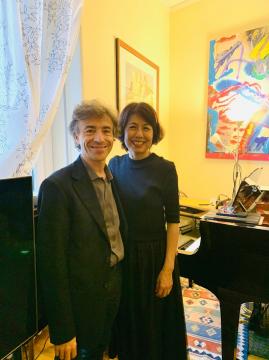
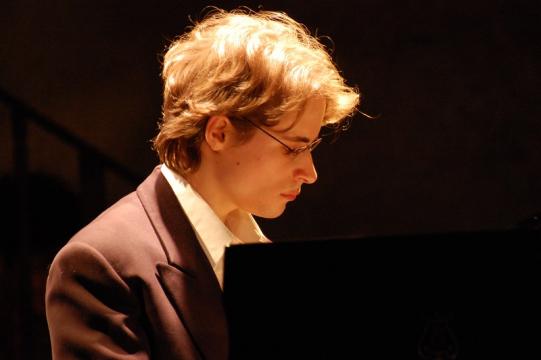

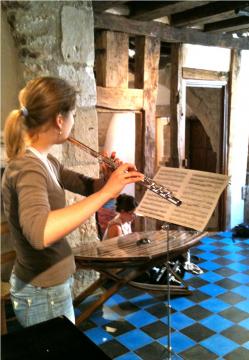
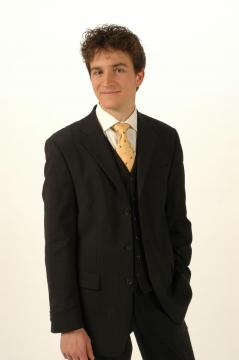
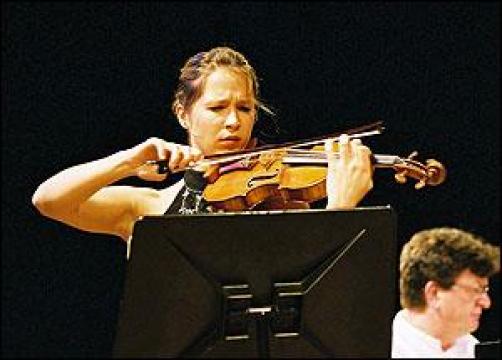


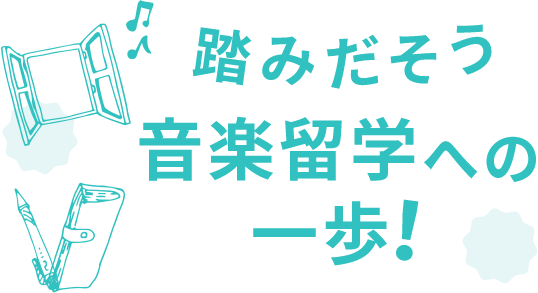
 Book a Counseling
Book a Counseling